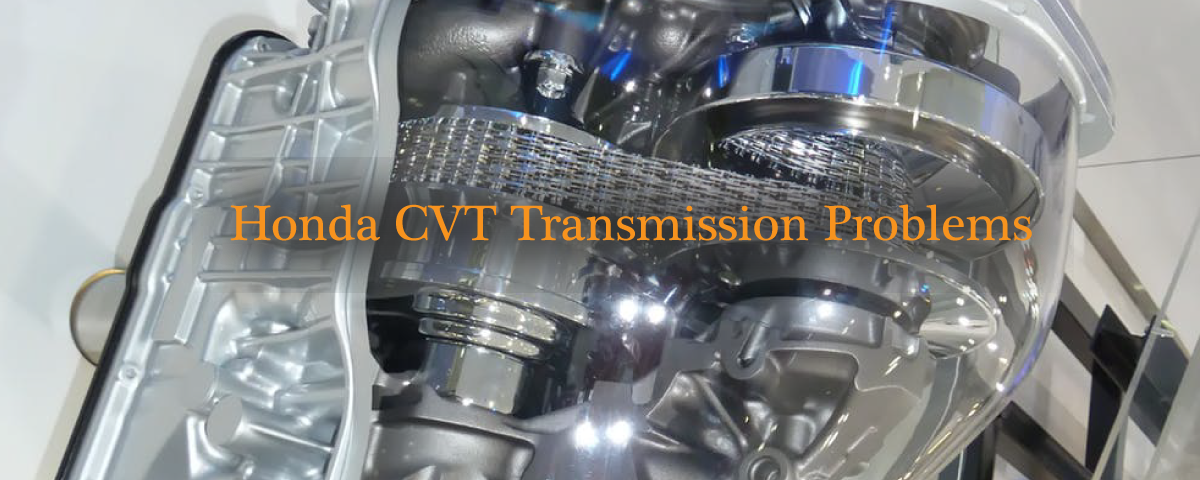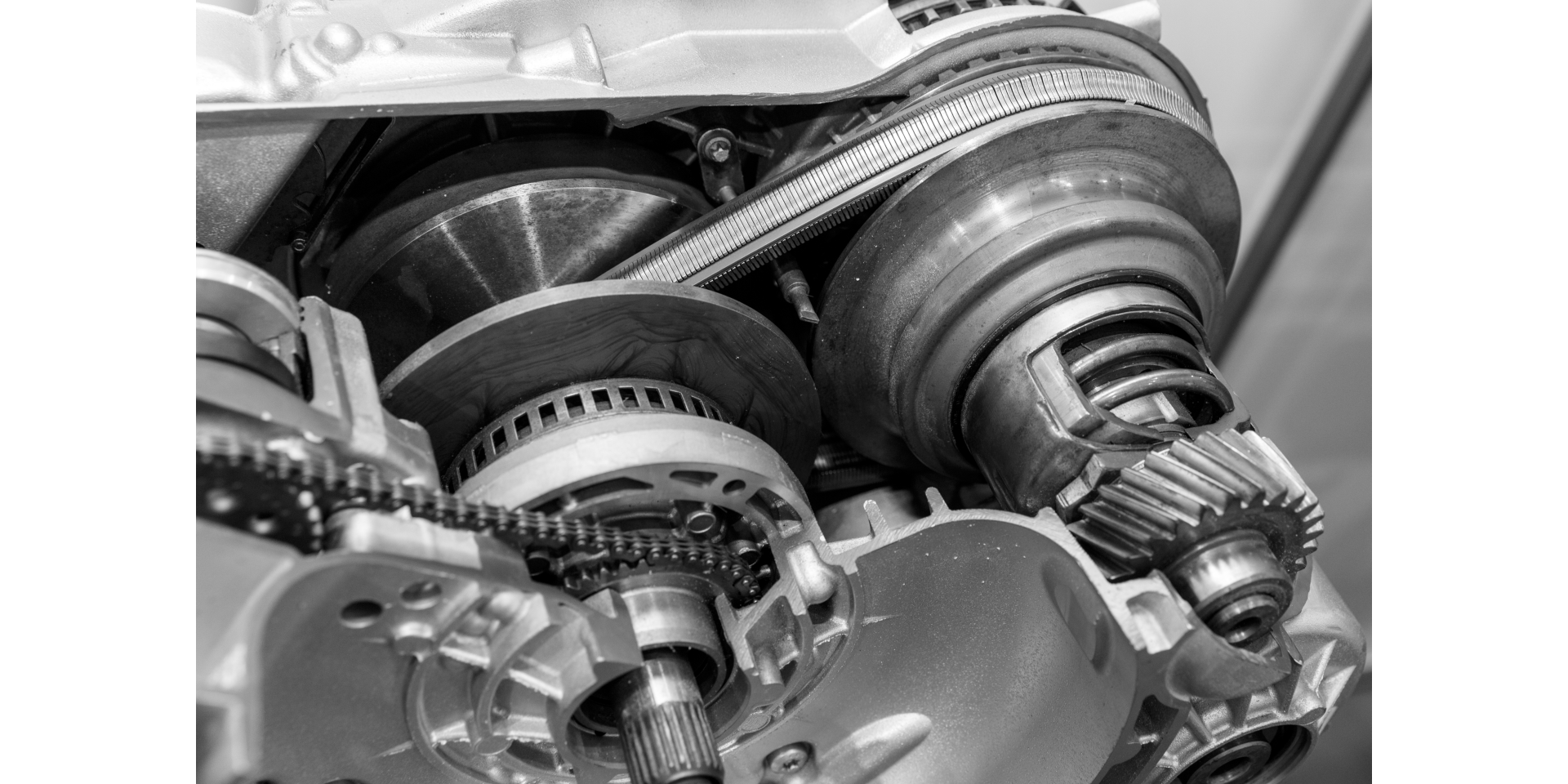Low battery
Battery level is below 20%. Connect charger soon.
· the main components of a cvt are pretty straightforward: A cvt, or continuously variable transmission, is a type of automatic transmission that constantly and seamlessly shifts through an unlimited number of gear ratios to make the engine run more efficiently. In this article, well explore how a cvt works in a typical rear-wheel driven car, answering several questions on the way: With new technology emerging and vehicle manufacturers making vast improvements to the automobile, cvt or continuously variable transmissions, are just another way the vehicle has improved. The result of this sliding is a smoother driving experience without the noticeable change of gears that you’ll experience in a car with a traditional manual or automatic transmission. One pulley links to your engine (the driver), while the other connects to your wheels (getting driven). [2][3] cvts are used in cars, tractors, side-by-sides, motor scooters, snowmobiles, bicycles, and earthmoving equipment. How does a cvt compare to a conventional, planetary automatic transmission? The automatic transmission as americans know it today has been. Two cone-shaped pulleys connected by a metal belt or chain. Still, some drivers aren’t entirely impressed with the change. What advantages do cvts offer over conventional automatic transmissions? What parts does it have and how do those parts work? What about disadvantages? Its a type of automatic transmission that manufacturers increasingly favor. They are also known as, “single-speed” or “shiftless” transmissions. Like everything else, cvt transmissions come with their pros and cons. · what is a continuously variable transmission (cvt)? · a cvt replaces physical gears with a system that can slide between gear ratios instead. · learn everything you need to know about a continuously variable transmission, or cvt, before you buy your next vehicle. · a cvt, or continuously variable automatic transmission, is a type of automatic transmission that typically uses pulleys and either a belt or chain—as opposed to gears—to transfer the engines. · what is a continuously variable transmission? Compared to traditional automatic transmissions, it offers lower fuel consumption and is more environmentally friendly. Is it better to drive, more reliable, more efficient, or better than an automatic? Cvts provide a continuously variable gear ratio to keep the car’s engine operating within its optimal rpm range for any driving situation.




